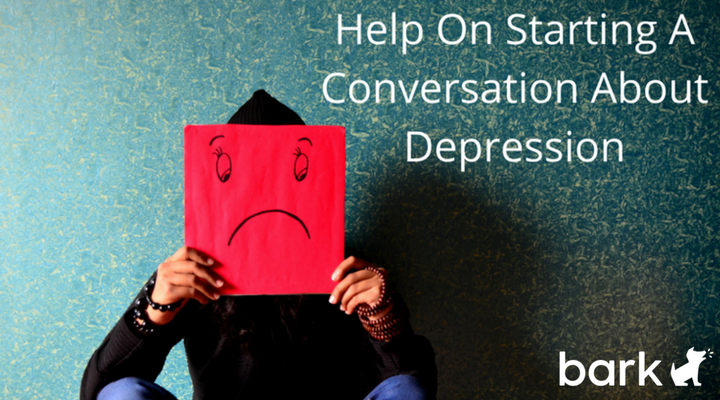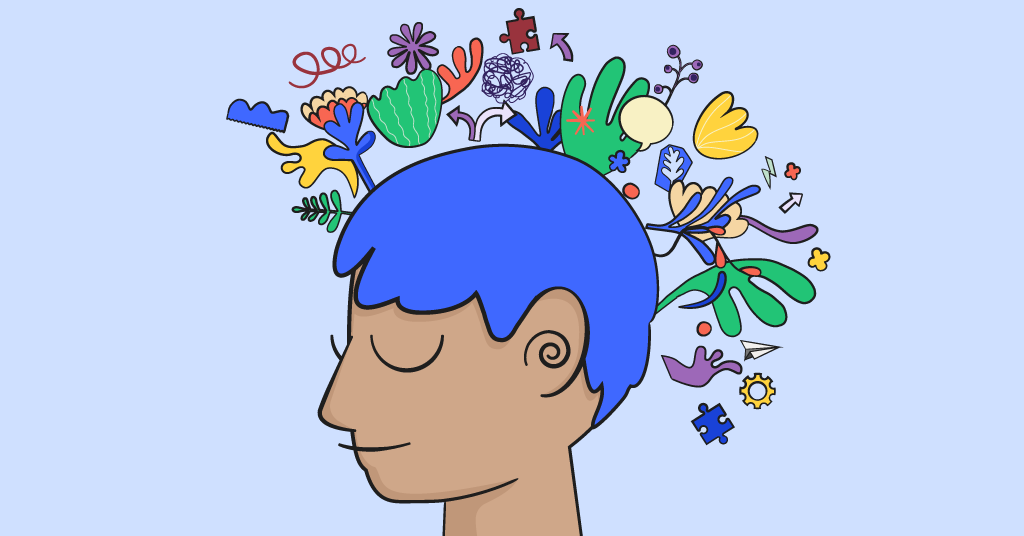
In 2015, the Centers of Disease Control and Prevention (CDC) reported that 8% of teenagers attempt suicide every year. Suicide is the second leading cause of death among youth aged 10 to 24. The Washington Post noted that "more teenagers die from suicide than from cancer, heart disease, AIDS, birth defects, pneumonia and influenza combined." We can no longer hide from talking about depression in adolescence.
More recently, the CDC issued a startling report that found the suicide rate hit a 40-year peak in 2015, and doubled between 2007 and 2015 among teen girls between 15 and 19 years old. While it's unlikely any one social factor can account for the alarming increase, experts point to social isolation, substance abuse, exposure to violence, and cyberbullying as risk factors. However, the highest risk factor of all is a lack of parental support.
How to help a depressed teenager? It can be hard to know what to do when you find out your child is depressed. We've put together this list of things parents can do to support their teen who is depressed. We also provide details on how to empower their teen to obtain professional help.
If you or someone you care about is struggling with suicidal thoughts, there are many resources that can help. If you believe your child or another person may be in immediate danger, call 911.
How to Help a Depressed Teenager: Providing Adequate Support
What it means to provide your teen with adequate support may not be so obvious. Parents constantly struggle to find a balance between parenting and smothering. If we don't parent enough, we risk not seeing the signs of teen depression. If we parent too much, our teens may push us away.
While it's often a delicate balance, we've provided a list of what experts consider a good start. Finding a mental health professional that can help you plan for long term treatment is often very helpful (more on that below).
- Do independent research to become aware of the signs of teen depression. There are many signs, some of which include a person no longer enjoying the things they used to enjoy, over/under sleeping, and chronic fatigue.
- Try not to panic, even if your teen discusses their personal issues online. Sharing emotional struggles on social media is the new normal for younger generations, and any discouragement on your end can seem like shaming.
- Communicate with your teen. It helps to hear that we all go through tough times and that asking for help is okay. Some of us come from cultures that view having depression or requesting professional help as being weak. You can help reframe that notion by explaining the getting professional help is empowering.
- Actively listen to your teen's concerns. This includes open body language, nodding, and asking clarifying questions.
- Get professional help for your teen and perhaps yourself.
Empowering Your Teen to Get Professional Help
As a parent, providing support through your teen's depression often means empowering them to seek professional help from a qualified mental health counselor. Involving a professional may seem embarrassing or unnecessary, but 70% of people who seek help improve. Their improvement can happen fast, in just weeks. By contrast, people with clinical depression who do not seek help may experience more severe symptoms over time, which can push them to become suicidal.
So why doesn't everyone just get help? Many who do not seek help think they can just "snap out of it." However, clinical depression is very different from just having the blues. Like any medical condition, clinical depression requires treatment for improvement.
Others avoid treatment because they're not willing to take antidepressants. However, many modes of therapy do not make use of antidepressants and produce great outcomes without them.
There are many other reasons why people avoid treatment, but the best way to ensure your teen participates is to give them as much control as possible over their treatment plan and choice of provider. Youth often feel out of control of their lives, and being given a choice over how to treat their depression can help them overcome accompanying feelings of helplessness. Moreover, making that choice can help them take ownership over their situation, thus empowering them to participate.
Finding Treatment
In addition to seeking help for your teen, you might consider seeking professional help for yourself. Mental health counselors like psychologists and psychiatrists are simply experts in their respective fields. Consulting with an expert can provide you with coping skills given the stress you may be under, as well as, suggest ways to become a better support person for your teen.
To find a treatment provider, consider consulting the following resources:
- Your teen's pediatrician or primary care physician, who can make a referral to a therapist or psychiatrist.
- SAMSHA, which has a treatment provider locator, as well as a 24-hour hotline.
- The American Psychological Association also has a treatment provider locator that searches for areas of specialization.
- Your insurance provider usually cover mental health care treatment as long as the provider is in network, or you may pay more out of pocket for someone who is out-of-network.
It can be terrifying to think that your child is depressed or perhaps suicidal. However, the message here is that simply talking to your teen and providing encouragement to get help can be life saving when dealing with depression in adolescence. Additionally, monitor your teens social media, email, and phone sending you an alert if there are signs of depression, self-harm, and suicidal ideation.
Read more
Bark helps families manage and protect their children’s digital lives.






